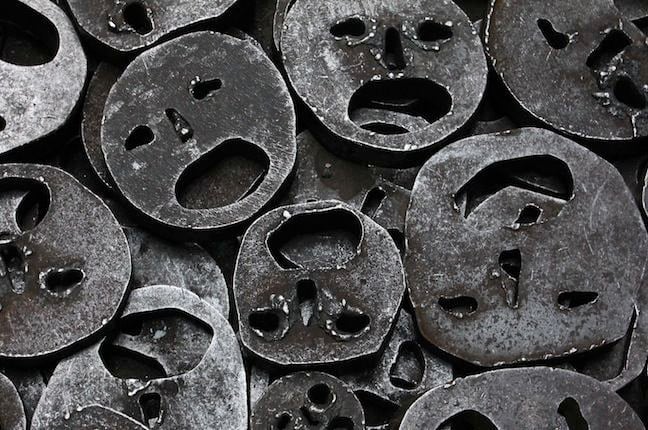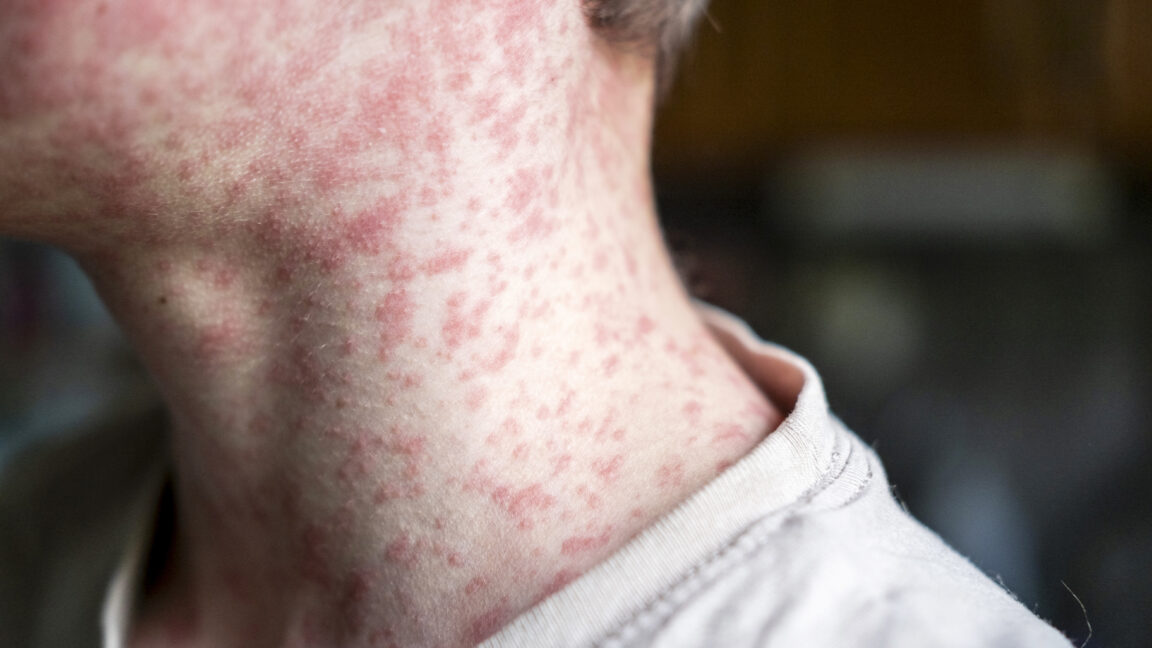Opinion editor’s note: Strib Voices publishes a mix of guest commentaries online and in print each day. To contribute, click here.
In the 1940s, the child psychiatrist Leo Kanner started studying the causes of autism. Mostly, he blamed parents. They raised the kids in what he called “emotional refrigerators.” A Time magazine piece on Kanner’s theories was titled “Frosted Children,” and told a story about kids who seemed “normal” at birth, but then became “apathetic, withdrawn, happiest when left alone.”
With the exception of the Time piece, Kanner mostly (according to Steve Silberman’s magisterial history of autism, “Neurotribes”) published his theories in academic journals. Over the next few decades, Bruno Bettelheim, another child psychiatrist, publicized the idea that non-nurturing mothers (and to some extent perfectionist fathers) were to blame for autism. Bettelheim’s bestselling book, “The Empty Fortress,” which was published in 1967, blamed autism on parents who deserted their children emotionally, caring for their body, but not their soul.
The “refrigerator mother” myth went viral, as we’d say now, and was used as a justification for taking children away from their parents and subjecting the kids to ever-harsher treatments. It took decades for the myth to go away, but now the Trump administration is poised to start a new cycle in which moms are once again blamed for their kids’ autism.
At the Charlie Kirk memorial service on Sunday, President Donald Trump announced that “we found an answer” about the causes of autism. The next day, he was joined by Secretary of Health and Human Services Robert F. Kennedy Jr., Dr. Mehmet Oz (who administers Medicare and Medicaid), and a collection of other doctors and parents in order to blame autism on moms who take acetaminophen during pregnancy. He said that taking the painkiller is “associated with a very increased risk of autism. So taking Tylenol,” the president said, “is not good.”
There have been a number of studies looking at whether there’s any correlation between autism and the use of acetaminophen during pregnancy over the years, with a few finding a very mild correlation between use of the painkiller during pregnancy and autism rates. But a study of 2.4 million Swedish children from 1995-2019, a huge sample size, demonstrated that “acetaminophen use during pregnancy was not associated with children’s risk of autism, ADHD, or intellectual disability.”
Tara Smith, an epidemiology professor at Kent State University, gave me her reaction to Trump’s news conference on Monday. “As a scientist, it was one of the worst things I’ve seen since Trump’s ‘inject bleach’ outing,“ she said in an email. ”It was full of misinformation and innuendo that scientists have been hiding data or avoiding investigations that may be inconvenient. In reality, the questions about autism and vaccines and autism and acetaminophen have been asked and answered.” That, pending new evidence, should be the end of the conversation.
Source link

